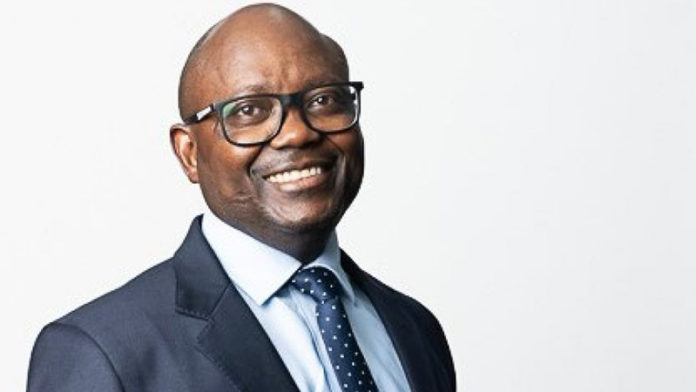
WESCOAL Holdings passed the dividend following a poor 2020 financial year in which the South African thermal coal producer slid into a R137m (R2019: +R88m) full-year loss.
“The year has been challenging for Wescoal,” said Reginald Demana, CEO of Wescoal in notes to the firm’s published results today. However, the “core ideology of stability, scalability and sustainability has been well established,” he said of his first year in charge of the company.
Demana was appointed in February 2019 (effective April), but he almost immediately ran into problems when protests and strike action affected operations. A contractor also went bust.
Wescoal was also affected by “unprecedented rainfall” of some 343 millimetres in December against a budget assumption of 100mm (four days loss). This resulted in 15 days equivalent production losses at each of Wescoal’s operations including its flagship mine Vanggatfontein which registered 29% lower coal production for the year.
The tail-end of the year was impacted by the hard lockdown imposed by the South African government as a response to Covid-19. The outcome was a cash outflow of R184m from mining for the year.
However, there was a vast improvement in production performance in the fourth quarter in which a record 1.8 million tons (Mt) of coal was produced which Demana said had been carried through to the first quarter of the 2021 financial year.
The financial outcome, however, was grim for 2020.
Wescoal posted a 32.67 cents per share headline earnings loss for the year, down from a 17.5c/share profit in its 2019 financial year. Most critically, Wescoal’s balance sheet tipped into precarious territory at year-end after some R433m in customer receipts went unpaid.
As of March 31, net debt totalled R1.22bn, a doubling year-on-year. This resulted in the net debt to earnings before interest, tax, depreciation and amortisation (EBITDA) ratio rising to 3.4:1, easily breaching the 2.5:1 covenant required by Wescoal’s lenders, but who subsequently waived the covenant test.
Izak van der Walt, Wescoal CFO, said outstanding debtors had settled and that the outlook for the next covenant test – held quarterly – was that the company would be “within limits”. Cash flow generation had strengthened in the first quarter of the year.
In April, the company received a force majeure from Eskom, effective for a month.
Demana said in an interview with Miningmx that after the first month of the force majeure, the power utility had exercised an option in the coal sales agreement to receive up to 10% less coal from Wescoal. Wescoal sells about 65% of its total coal production to Eskom with the balance sold to domestic customers or sold offshore.
Demana added that whilst the company was seeking new buyers for the excess Eskom production, it was likely sales to the utility would normalise “… in a couple of months”.
Commenting on its prospects, Wescoal said: “We are optimistic that we will achieve stability and add further production going forward. Eskom remains a consistent and reliable customer and the company remains committed to maintaining strong and supportive relations with Eskom in the future”.
The share price, however, tells a story. Wescoal traded slightly higher at 70 cents/share in Johannesburg on Monday, marginally above its all-time low of 69c/share of last week. At a market value of R294m, the company’s is heavily weighed by debt.











